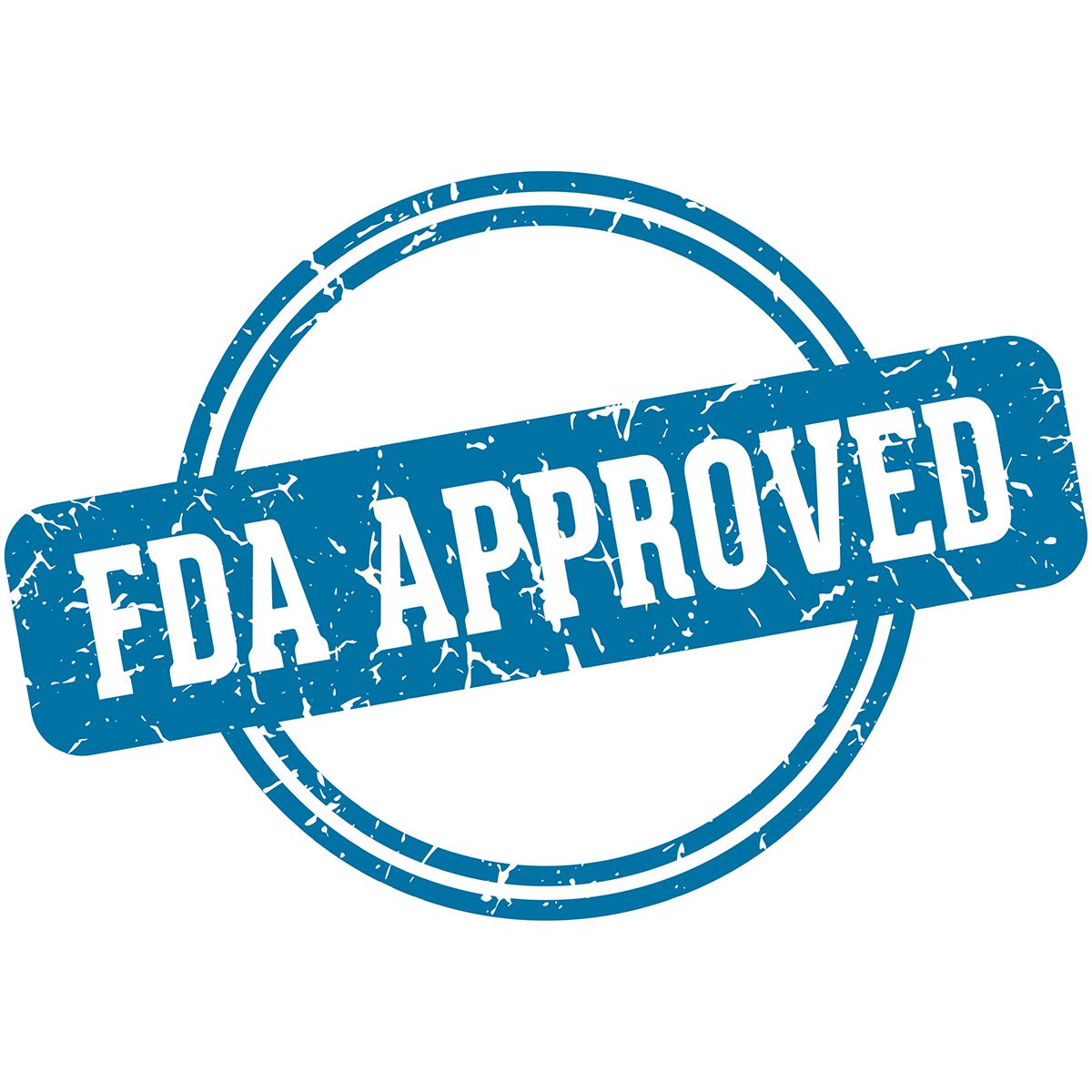Article
The 'Right Track' to Navigate the Cancer Experience
Author(s):
Five leading cancer organizations came together to establish four steps that patients of all malignancies can turn to as they navigate their experience.
“You have cancer.” Those words are often followed by an overload of oncology terms: immunotherapy, precision medicine, genomic testing, clinical trials, progression-free survival, overall survival. It’s an ever-growing list.
But what if there was a roadmap to guide patients before they begin to feel overwhelmed? Five leading cancer advocacy organizations — the Multiple Myeloma Research Foundation (MMRF), LUNGevity Foundation, the Metastatic Breast Cancer Alliance, the Pancreatic Cancer Action Network and the Prostate Cancer Foundation — have come to a consensus on four steps that patients of all malignancies can turn to as they navigate their experience.
First, patients need to find the right team. That means locating the best experts and centers with extensive experience in treating their specific cancer. Next, they should ensure they receive the right tests, meaning the right information and a precise diagnosis. The right team and tests can then lead to proper treatment, which will include a plan and potentially identify clinical trials. Finally, patients should share their data throughout their journey. This step can potentially help not only themselves, but others with the same type of cancer.
A recent study published in The Cancer Journal evaluated where gaps in knowledge exist. It was conducted by the Harvard Business School Kraft Precision Medicine Accelerator, a multidisciplinary initiative focused on four integrated workstreams to advance precision medicine. The five cancer organizations are working as part of the Accelerator’s Direct to Patient workstream.
“What we found is there is an incredible opportunity to help patients get on the right track with tips on how they can research physicians and arm them with the right information to be proactive and informed,” Lori Marcus, who chairs the Direct-To-Patient workstream of the Kraft Precision Medicine Accelerator and has held C-level roles with multiple consumer companies including PepsiCo and Keurig Green Mountain Inc., told CURE in an interview.
The study included patients with pancreatic (108 patients), multiple myeloma (86 patients), metastatic breast (86 patients), lung (56 patients) and prostate (50 patients) cancers. They were all residents of the United States, aged 25 years or older and recruited through email or social media invitation. Patients reported being somewhat knowledgeable of their disease and having some input in treatment decisions.
They were asked to complete an online survey to demonstrate awareness of and barriers to making important medical care decisions. Questions pertained to information such as how they found their physician, or if they were familiar with the term precision medicine and if they had done tissue banking.
“We want to make sure that we are reaching every patient so that they and their doctor have the most cutting-edge, precision-based information to have optimized care,” Anne Quinn Young, MPH, senior vice president of Marketing and Communications at the MMRF and co-author of the study, said.
Upon examining the patient-reported survey, the authors determined that the majority (61 to 76 percent) of patients were referred to their treating physician rather than choosing one themselves. Only 24 to 29 percent of patients among the five tumor types selected their physician.
The authors also discovered that only 36 to 52 percent of patients have ever heard of precision medicine. Genomic testing was not widely known either, with 3 to 38 percent of patients reporting they were very familiar with it. The rate of genomic testing was highest in the lung cancer group and lowest in the prostate cancer group. Among the patients who did not have genomic testing, most (47 to 81 percent) revealed that it wasn’t offered.
In addition to genomic testing, tissue banking has also become increasingly important in the research area of cancer. It can be used to help develop new drug targets and discover new biomarkers. However, only 22 to 28 percent of patients had banked tissue samples. The majority doing so prior to starting therapy.
“Part of what these trusted third-party foundations do is they can help navigate people, whether it’s through their websites or call centers,” Marcus said. “They can help them find their way to a National Cancer Institute-designated center, understand the importance of a second opinion and provide the questions to ask to determine if a doctor sees a lot of different patients with their type of cancer.”
Clinical trial enrollment was also low (less than 15 percent) — and there may be good explanation for this statistic: Patients reported that they feared they would receive a placebo, which is a common misperception. “People don’t realize that they will at least minimally get the standard of care,” Marcus said.
The survey results also showed that there is a lack of physician recommendation for clinical trials. “This goes back to having the right team,” Quinn Young said. “Because even if you’re being seen by an amazing center you can still get a referral to participate in a clinical trial somewhere else, you’re not bound to stay at that one center.”
An exciting finding of the study is that nearly all (86 to 100 percent) patients said that they were willing to share their data to accelerate cancer research. Patients can do so in a variety of ways: Letting organizations know that you’re out there and willing to share, participating in surveys or becoming part of a patient registry.
“If I could get patients to go from a passive perspective … to understand that they can play an active role to ensure they get the best precision medicine outcomes,” Marcus said. “They don’t have to know all the answers, but arming themselves with a little bit of information, a little bit of research and asking the right questions — especially early on in their process — can improve their own outcomes and outcomes for other people.”
2 Commerce Drive
Cranbury, NJ 08512
All rights reserved.




